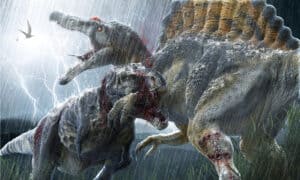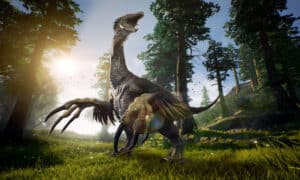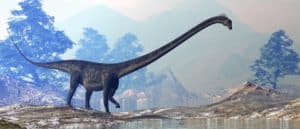Move over, T-Rex and Stegosaurus — there are new dinos in town.
Though dinosaur discoveries sound like an activity of the past, archeologists continue to unearth incredible fossils of new species of dinosaurs. In paleontology circles, experts hold that researchers have found around 45 new species of dinosaurs every year since 2003. While the actual number of discoveries per year varies, the last 10 years have been great for dino discovery. According to science writer and paleontologist Riley Black in 2019, the world entered the “Golden Age” of dinosaur discovery.
Interested in learning about the new dinosaurs recently discovered?
Keep reading to find all you need to know about the 12 dinosaurs discovered in the last 10 years.
Australotitan cooperensis
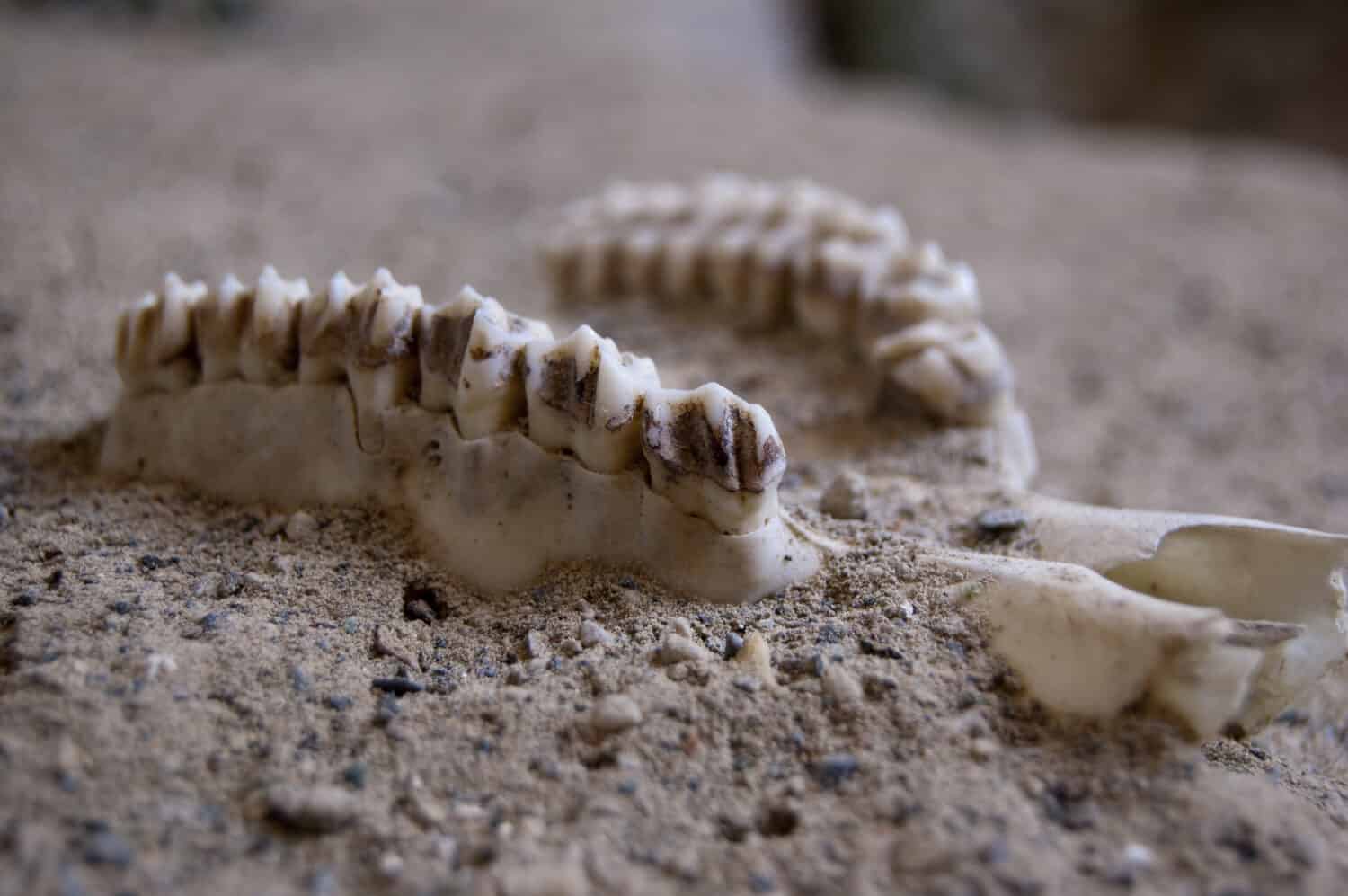
Discovered in: 2005; named in 2021
©cla78/Shutterstock.com
When discovered, the towering Australotitan cooperensis became the largest dinosaur species ever discovered in Australia. It measured around 100 feet long and 21 feet tall — nearly double that of the T-Rex. Australotitan cooperensis also weighed in the ballpark of 25 to 80 tons.
Despite its first remains coming to excavators in 2005, paleontologists have only just connected the dots that confirmed what species this dinosaur is and how big it really was.
Ceratosuchops inferodios
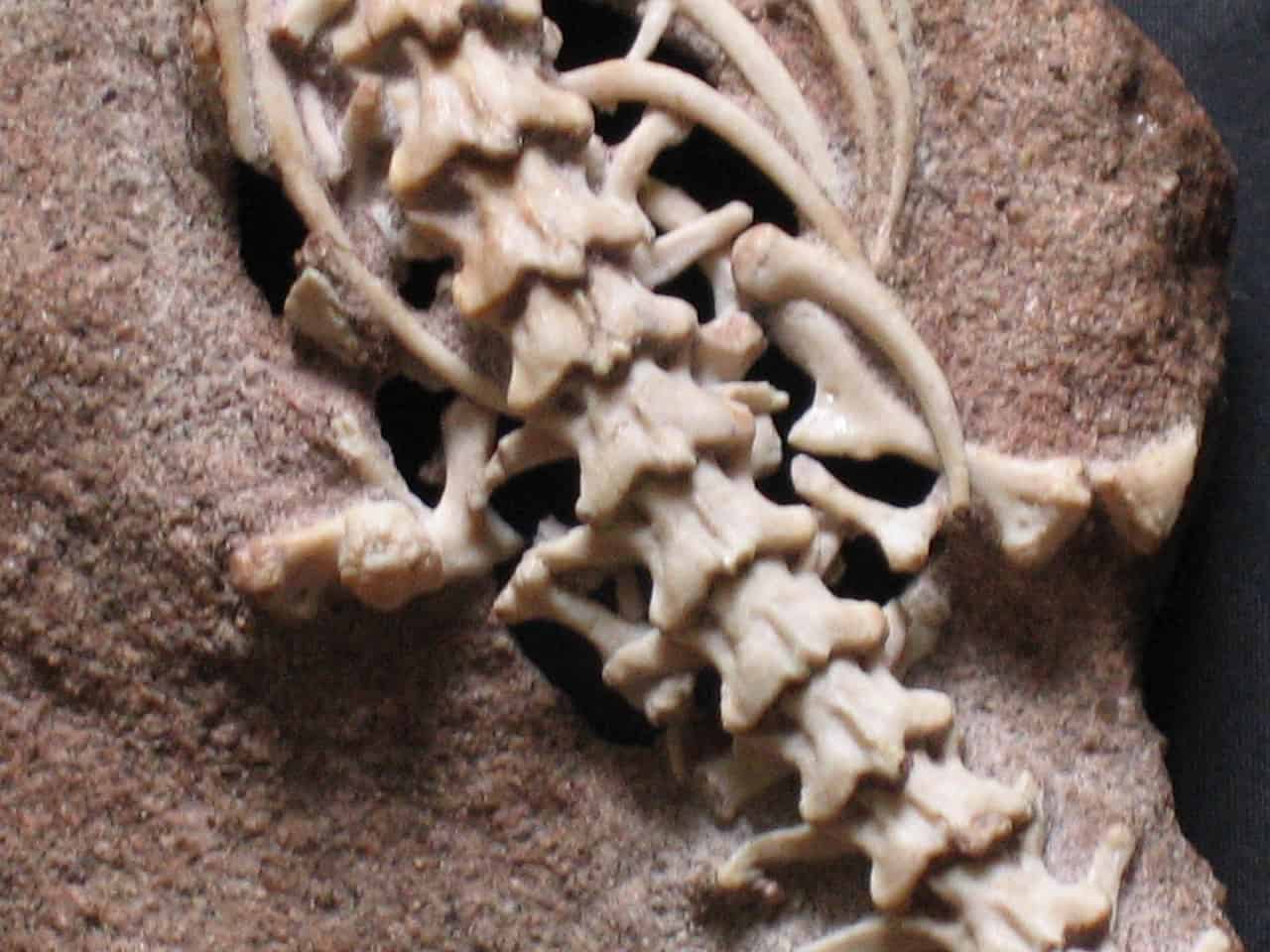
Discovered in: 2021
Despite the excavation of its fossils almost three years ago now, little remains known about the predatory Ceratosuchops inferodios. The dinosaur’s name translates to “horned crocodile-faced hell heron.” Discovered on the Isle of Wight, this flying dinosaur probably had some fierce hunting tendencies. Experts cite the low horns and ornamental bumps on its head as an evolutionary development based on its hunting style.
Berthasaura leopoldinae
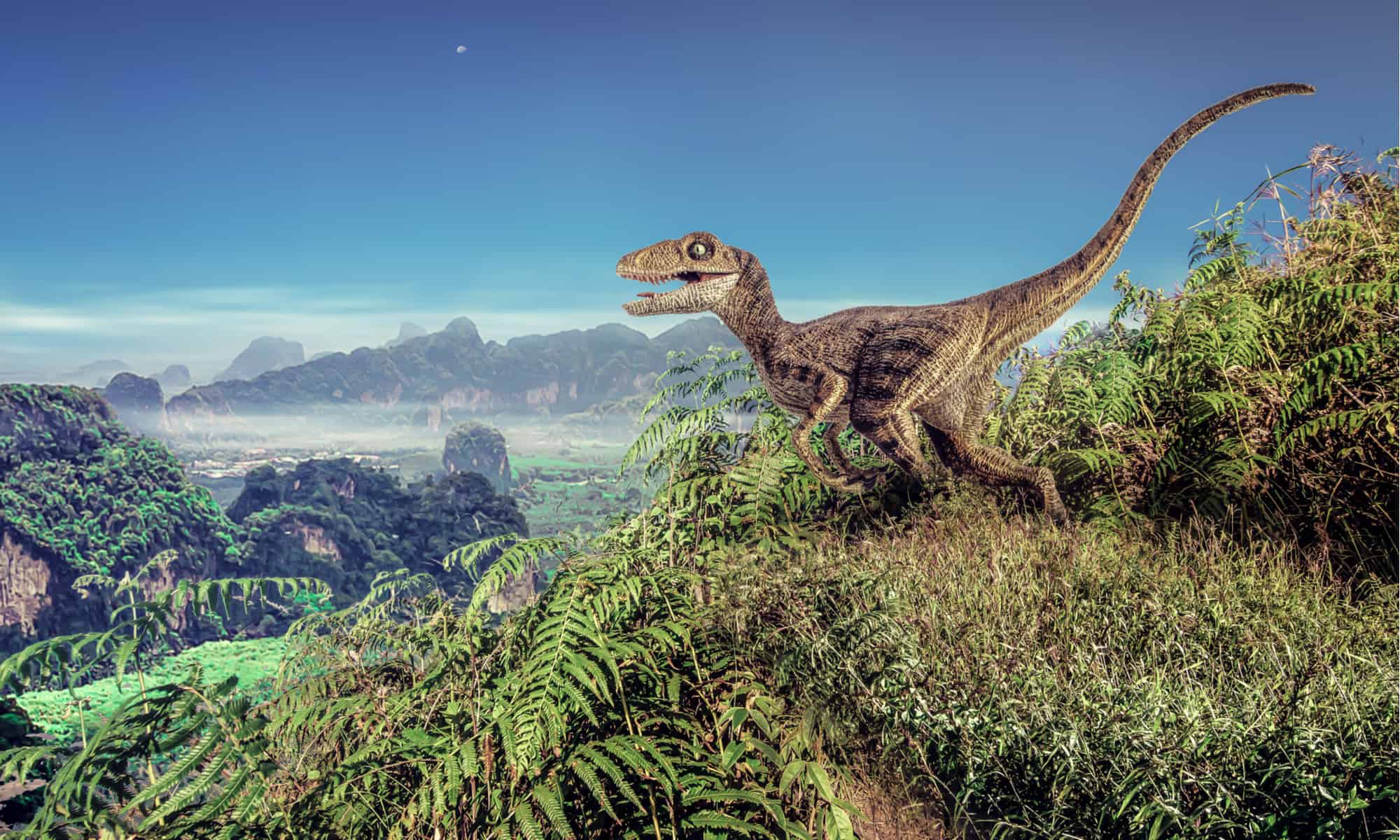
Discovered in: 2021
©kamomeen/Shutterstock.com
Termed as “very rare” when first discovered, the Berthasaura leopoldinae from Brazil walked the Earth over 70 million years ago. Berthasaura leopoldinae is on the smaller side of theropods, measuring about three feet long and two and a half feet tall from the hip. When discovered, it was one of the most complete Cretaceous-era dinosaur fossils ever found in Brazil.
Stegouros elengassen
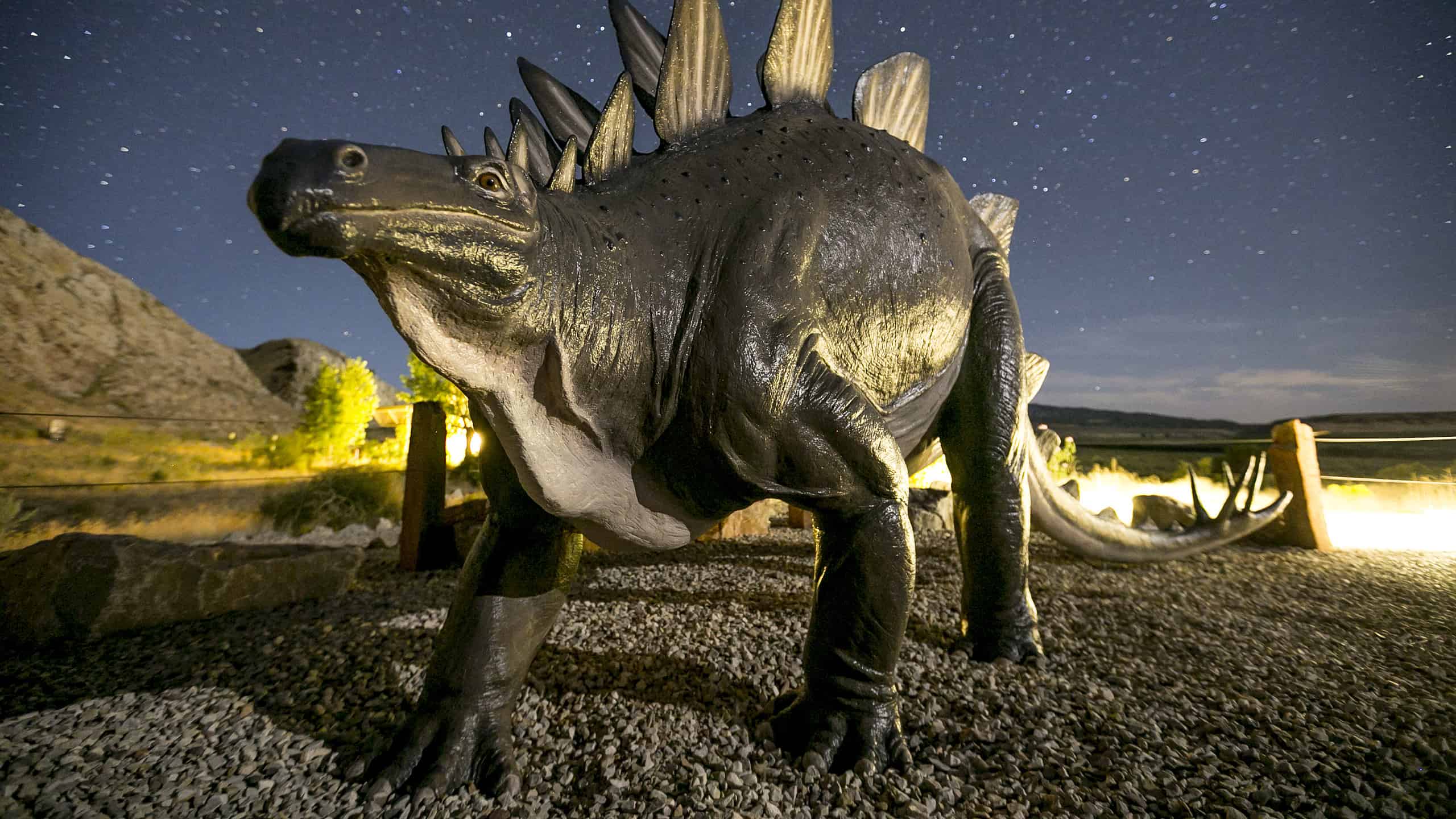
Discovered in: 2018
Joining the ranks of armored dinosaurs is Stegouros elengassen, an incredible late Cretaceous discovery with a never-before-seen tail. Unlike other dinosaurs in its family or of the same period, Stegouros elengassen has a flat, frond-like structure with seven pairs of osteoderms that stick out on the latter half of the tail. The armored dinosaur was small — no more than two meters — but the discovery made waves in the scientific community.
Kulindadromeus
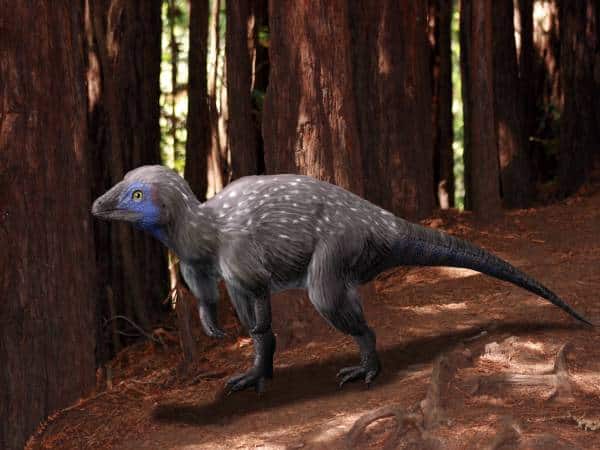
Discovered in: 2014
A Jurassic period find for the ages, the Kulindadromeus dinosaur’s fossils were found in Russia and China. The discovery of this dinosaur — and particularly, its appearance — changed the way that scientists regarded the structures on dinosaur bodies. Once thought to only have one — scales or feathers — the Kulindadromeus discovery determined that a dinosaur may have both.
Vectipelta barretti
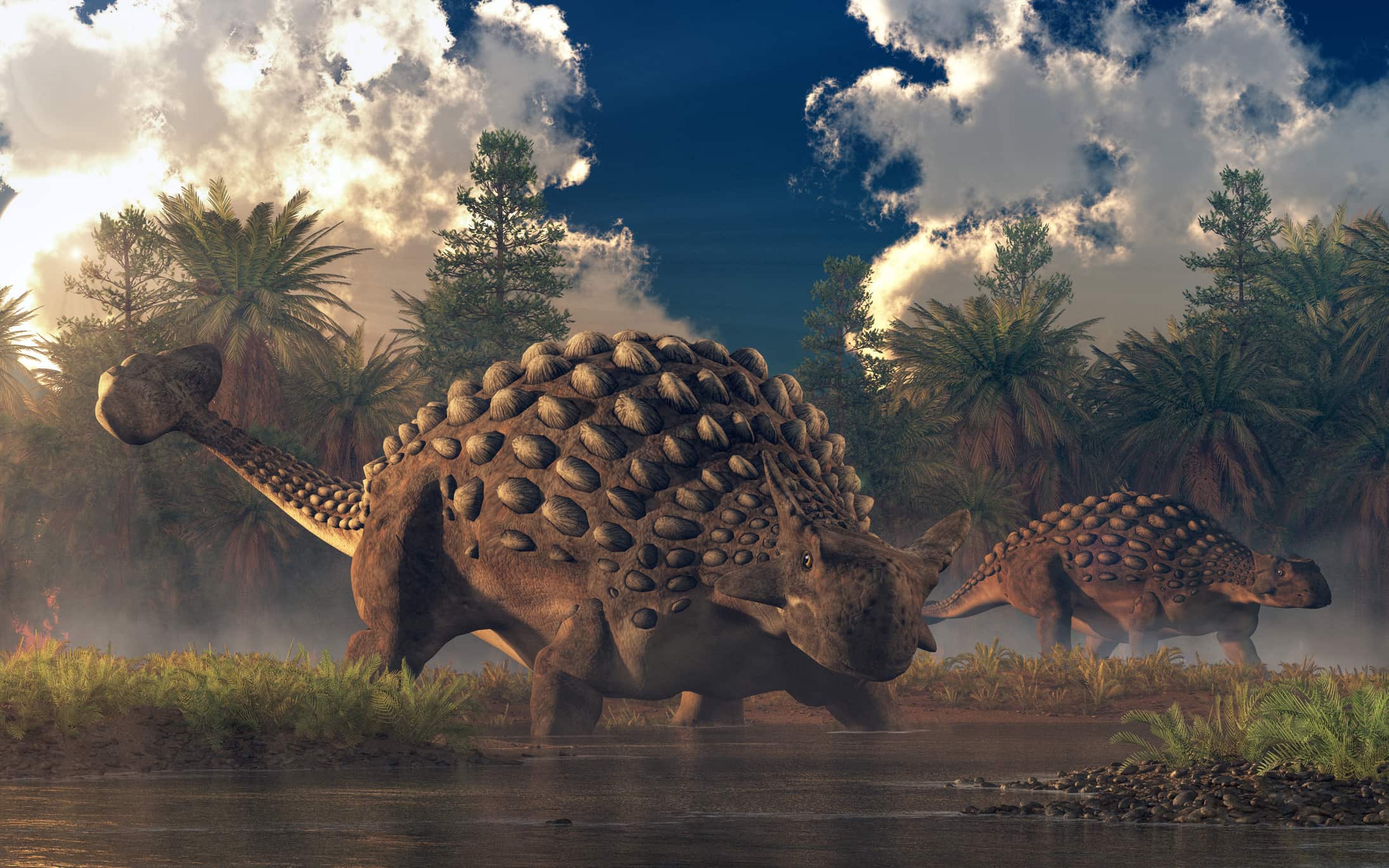
Discovered in: 2023
©Daniel Eskridge/iStock via Getty Images
Also discovered on the Isle of Wight is Vectipelta barretti — an ankylosaurian dinosaur with blade-and-spikes armor. Scientists and excavators believe the dinosaur lived over 100 million years ago. Despite many of the ankylosaur remains found on the Isle of Wight belonging to the Polacanthus foxii, this new species threw past finds into confusion with its emergence on the scene.
Chucarosaurus diripienda

Discovered in: 2018
©iStock.com/gorodenkoff
As excavators continue to dig, they find bigger and bigger fossils. Unearthed in 2018, Chucarosaurus diripienda ranks as one of the largest dinosaurs found to date. Even the femur bone of the dinosaur proved unwieldy: it took a handful of people to move one of the three segments (which weighed at least 220 pounds each, respectively).
Bajadasaurus pronuspinax
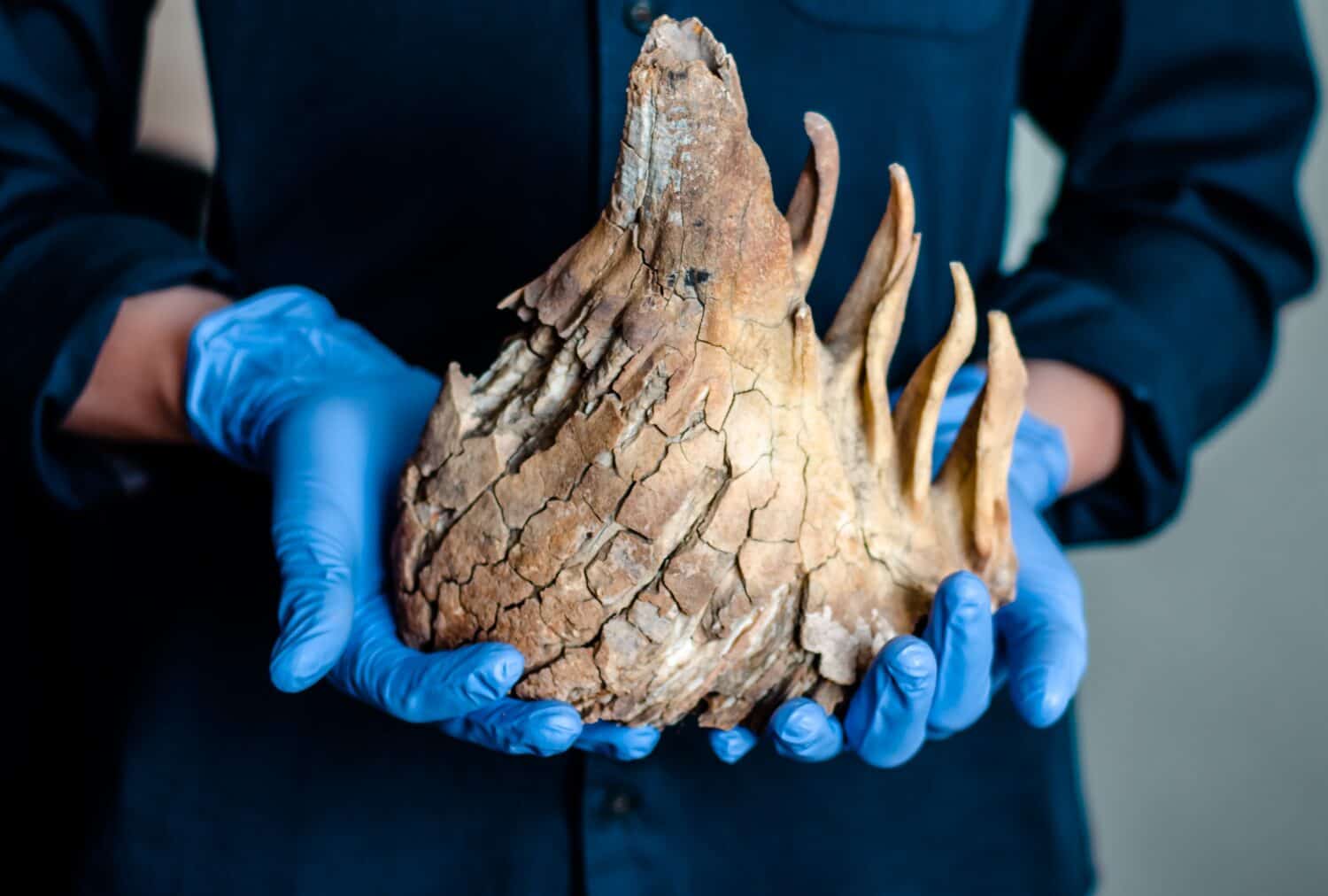
Discovered in: 2019
©Elen Tkacheva/Shutterstock.com
Amelia Thompson, an accredited paleontologist with over twelve years of experience in the field has worked on numerous fascinating discoveries that have added so much to humans’ understanding of the rich prehistoric era. Her work has largely revolved around unearthing dinosaur fossils and identifying new species. In an interview with A-Z-Animals, she shared that one of the most exciting discoveries was Bajadasaurus pronuspinax. “Unveiled in 2019, this species, discovered in Argentina, was bizarre and fascinating, with long spiky neck spines along its back which we believe may have been used as a defense mechanism against predators.”
Silutitan sinensis
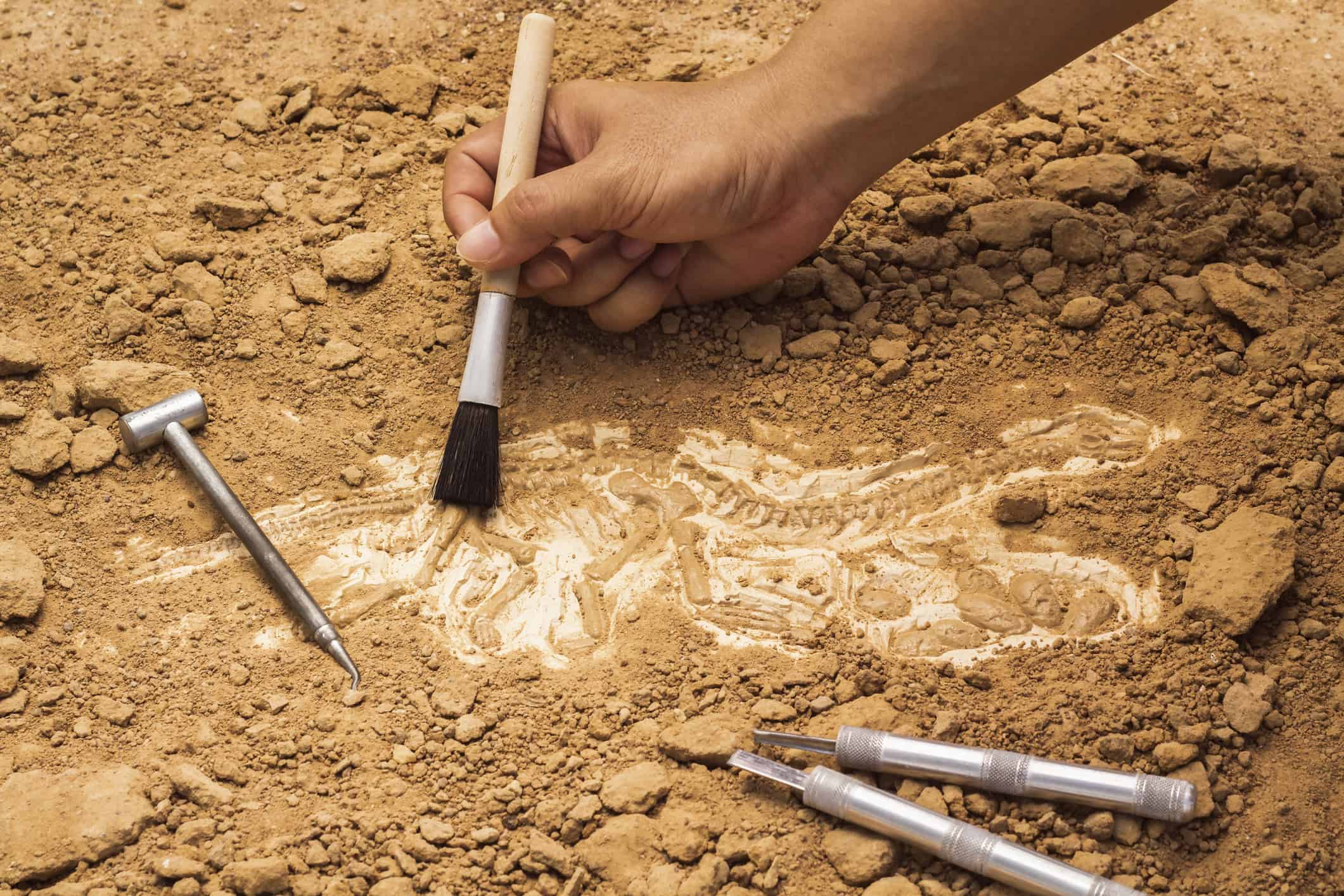
Discovered in: 2006 (partial); completed in 2021
©LuFeeTheBear/iStock via Getty Images
Named after the Mandarin word for “Silk Road” in China, the Silutitan sinensis was one of two groundbreaking discoveries excavators found in August 2021 when researching in the northwest regions of China. According to the involved researchers, Silutitan sinensis probably lived between 120 or 130 million years ago. It’s classified as a sauropod.
Yamatosaurus izanagii
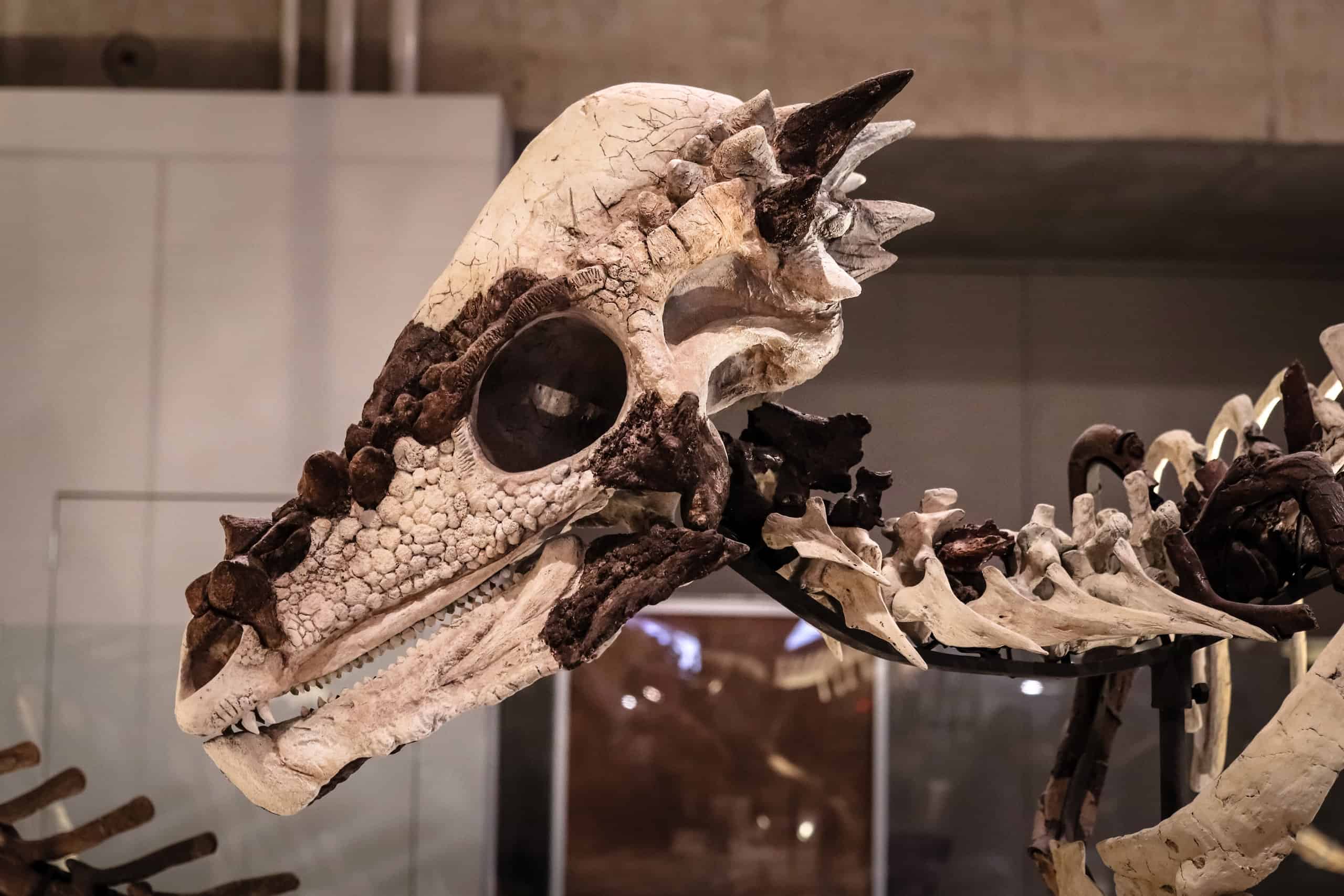
Discovered in: 2004; completed and named in 2021
©AKKHARAT JARUSILAWONG/Shutterstock.com
The unique, duck-billed dinosaur Yamatosaurus izanagii took an international team of researchers to excavate and put together. Part of the specimen, found in 2004 by an amateur archeologist on Awaji Island, became the building block for the larger fossils unearthed in 2021. The discovery became greatly important to Japan because it ranked among the first fossils discovered in the archipelago nation from the late Cretaceous period.
Jakapil kaniukura
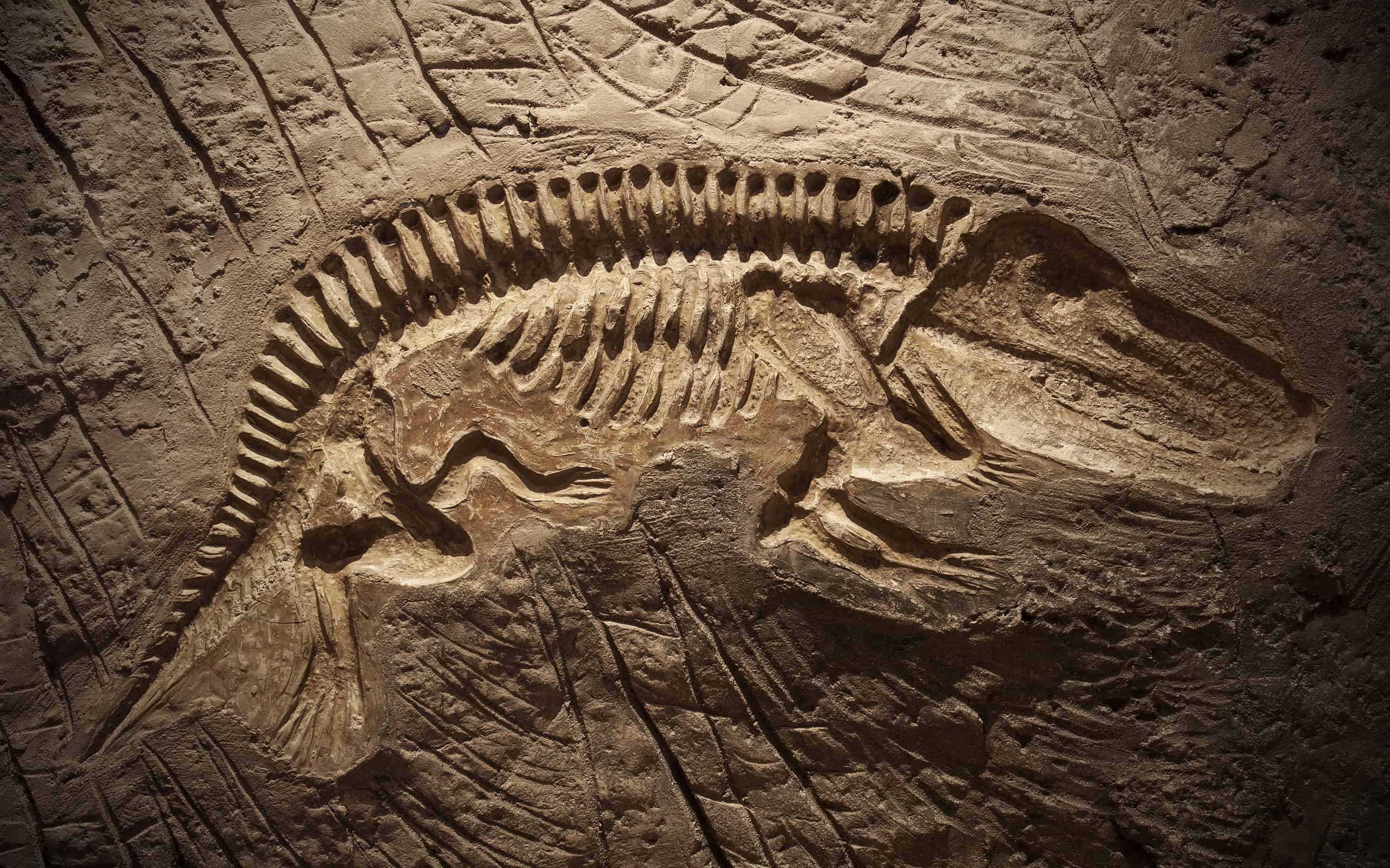
Discovered in: 2012
©bennyartist/iStock via Getty Images
Put together from more than 100 various bone fragments found amid central Argentina, the Jakapil kaniukura caused scientists to pause as they tried to classify it and its bipedal nature. The dinosaur probably weighed no more than a standard house cat, despite its length of five feet. Although it held every traditional sauropod characteristic, Jakapil kaniukura had bony plates in its skin, demanding it be classified in the thyreophora category.
Natovenator polydontus
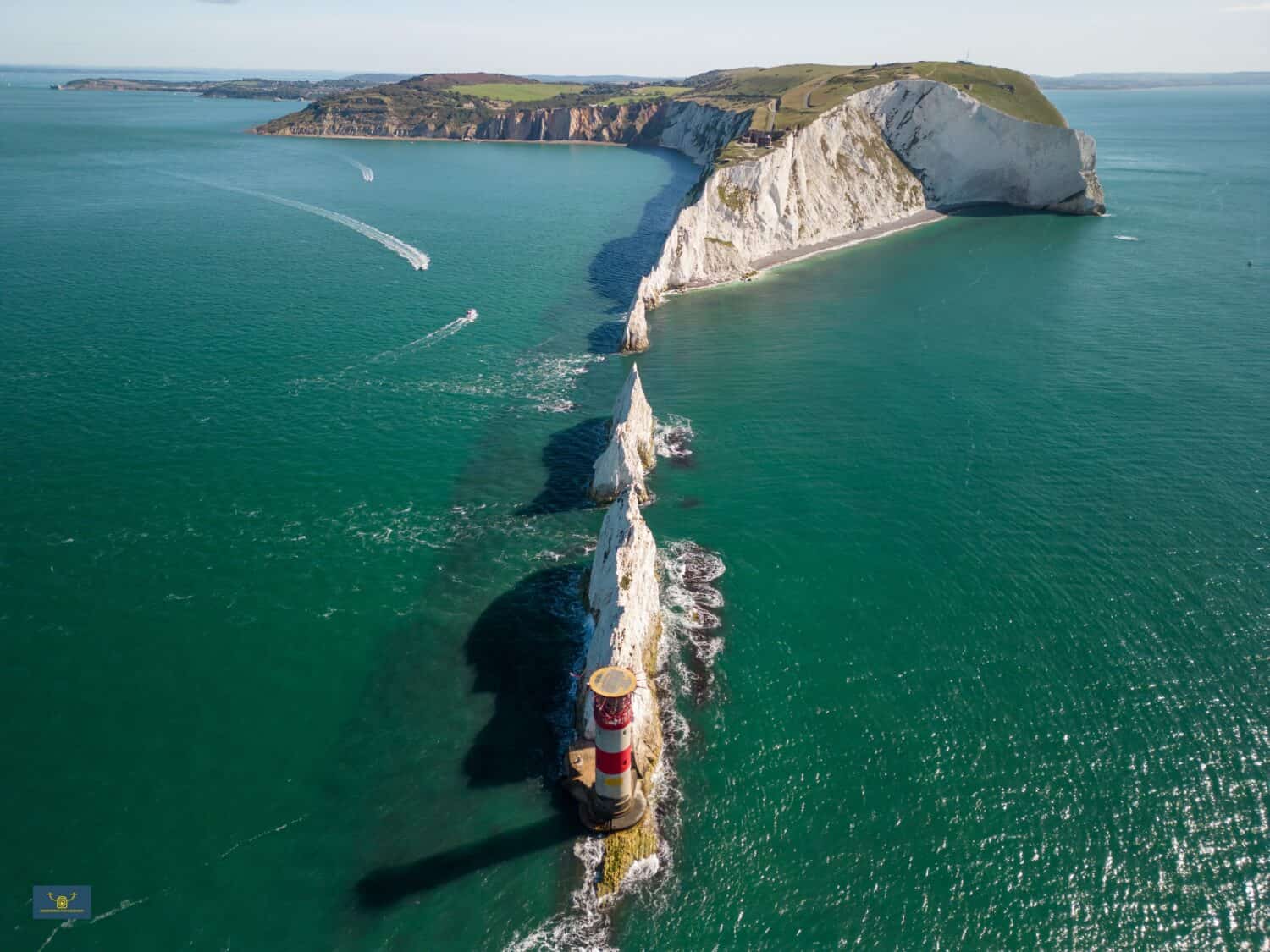
Discovered in: 2022
©William Paul Murphy/Shutterstock.com
Not every dinosaur discovery in the last 10 years brought big bones and armored tails. When excavators found Natovenator polydontus, they realized this avian dinosaur’s body was well-suited for the water — like a duck. After examining the fossils, experts believe the dino made its daily life around or in shallow water and fed on small fish.
Summary of 12 Dinosaurs Discovered in the Last 10 Years
| Dinosaur | Year Discovered |
|---|---|
| Australotitan cooperensis | 2021 |
| Ceratosuchops inferodios | 2021 |
| Berthasaura leopoldinae | 2021 |
| Stegouros elengassen | 2018 |
| Kulindadromeus | 2014 |
| Vectipelta barretti | 2023 |
| Chucarosaurus diripienda | 2018 |
| Bajadasaurus pronuspinax | 2019 |
| Silutitan sinensis | 2021 |
| Yamatosaurus izanagii | 2021 |
| Jakapil kaniukura | 2012 |
| Natovenator polydontus | 2022 |
The Golden Age Continues
As experts dedicate more resources to excavation, even more dinosaur discoveries will be made. Around the world, paleontologists work to find the remains of the sauropods, theropods, ornithopods, and more. While you wait for your favorite museum to obtain these new dinosaurs’ fossils, consider enjoying additional research or consuming unique media that describes what life on our planet all those billions of years ago was like.
The photo featured at the top of this post is © Mark Brandon/Shutterstock.com
Thank you for reading! Have some feedback for us? Contact the AZ Animals editorial team.




